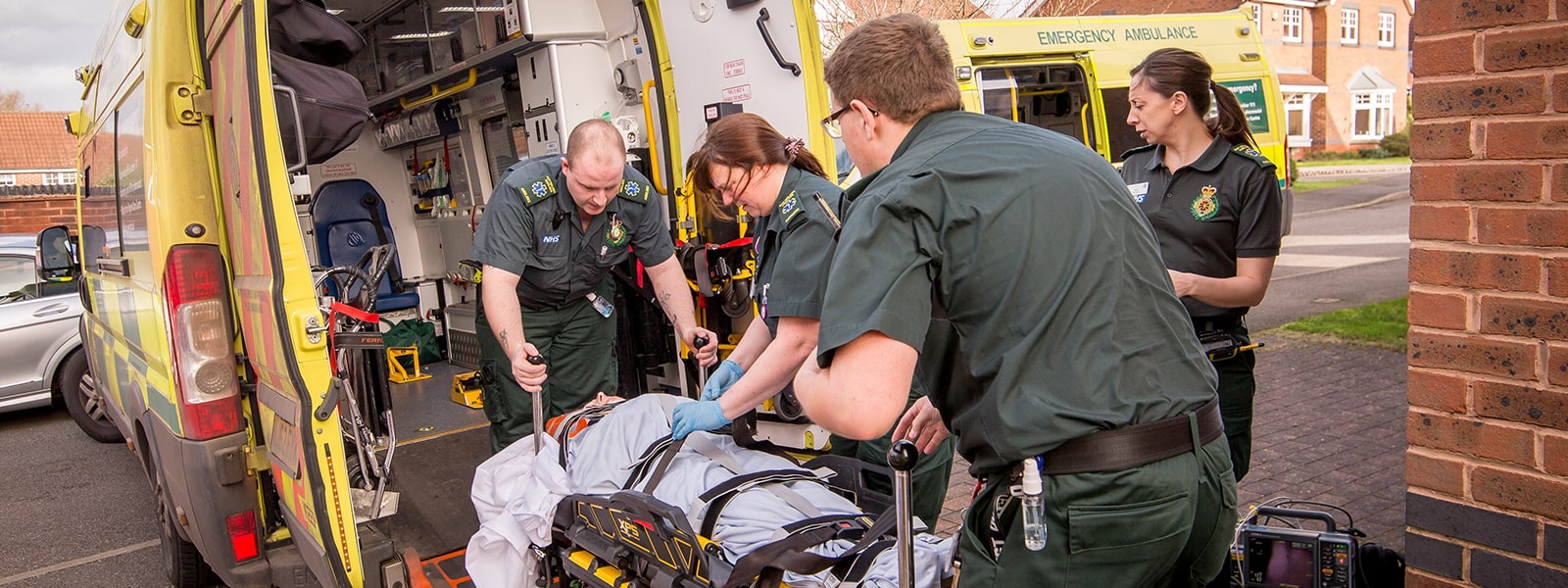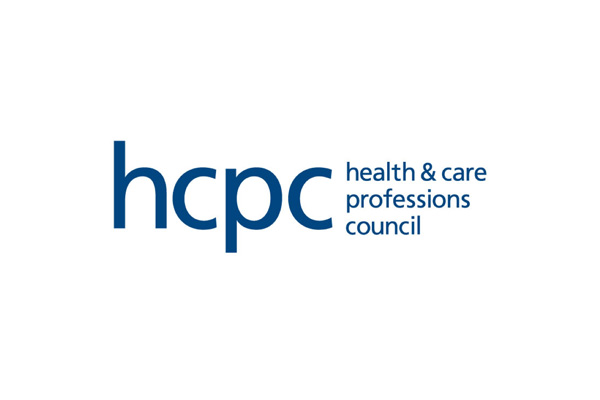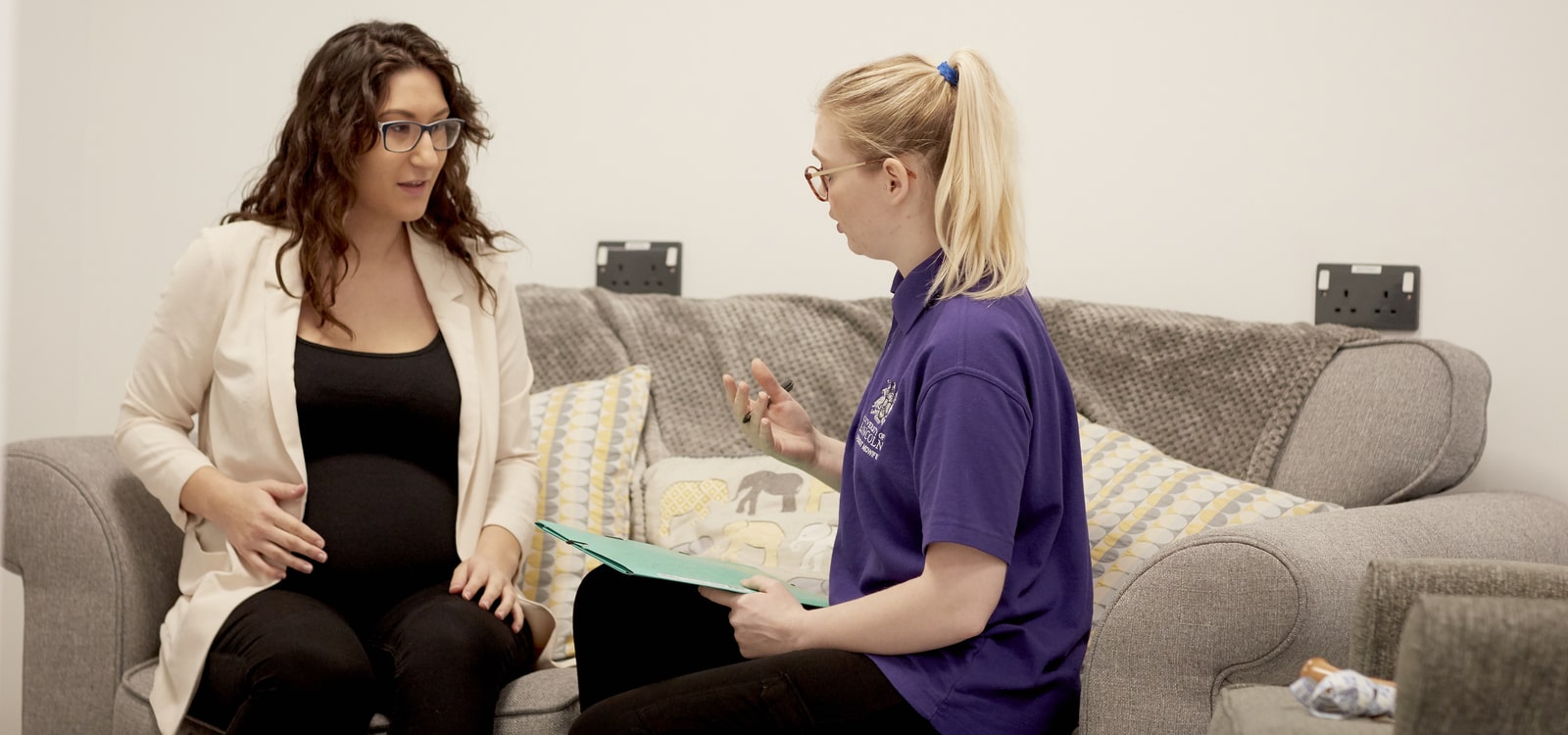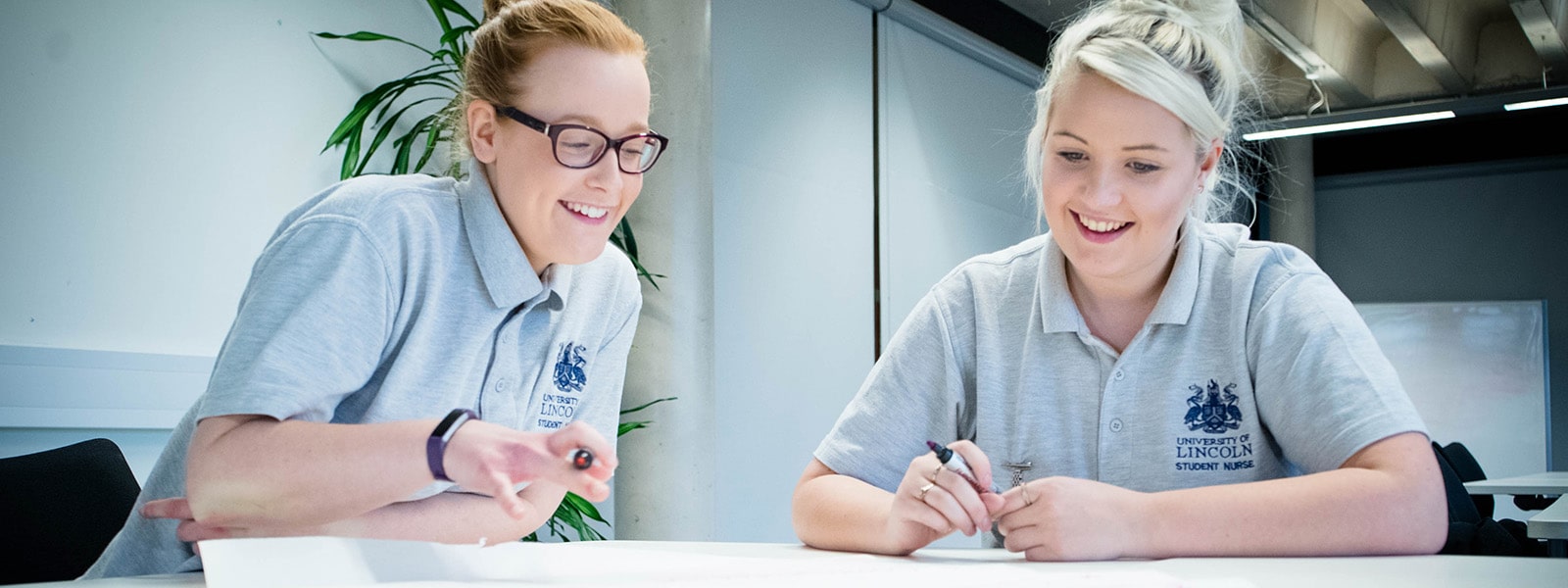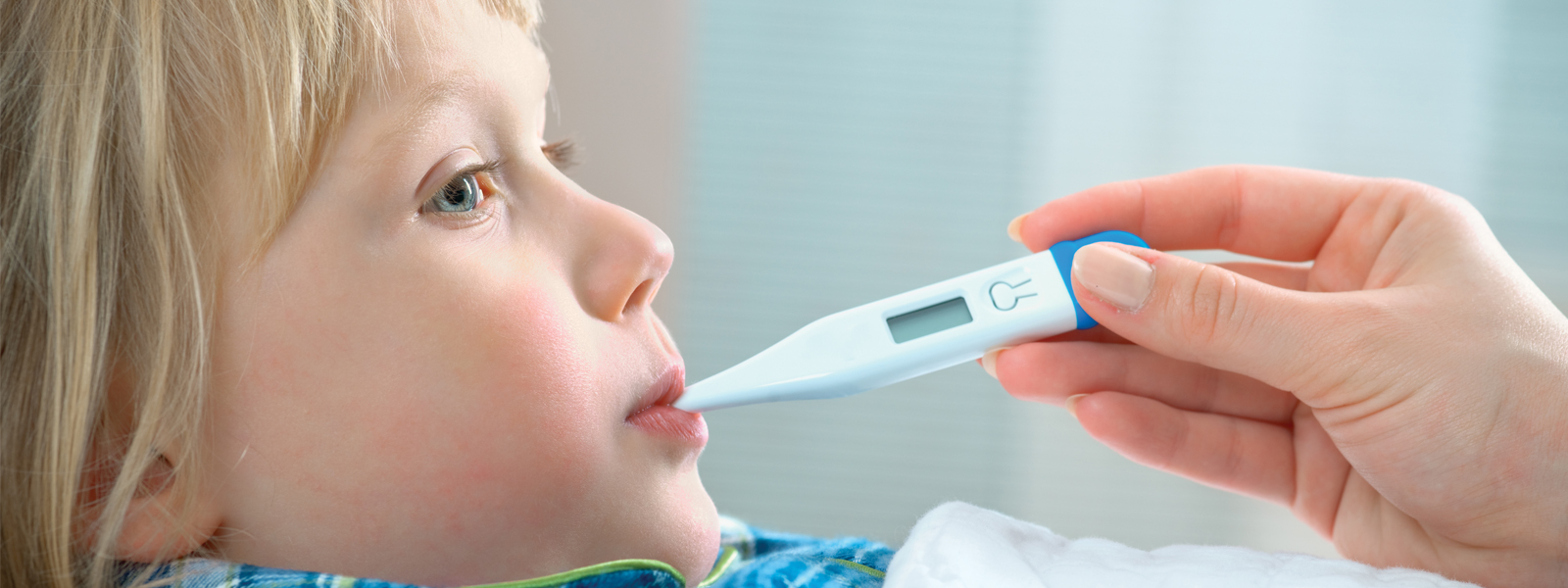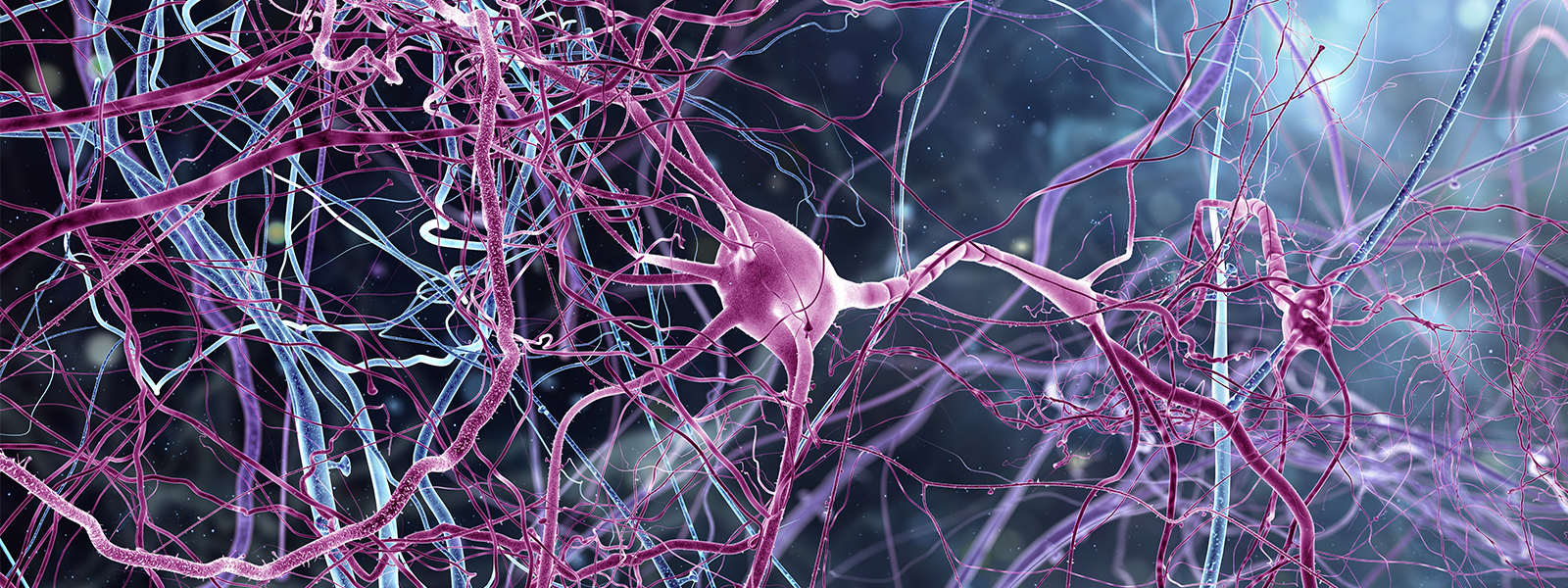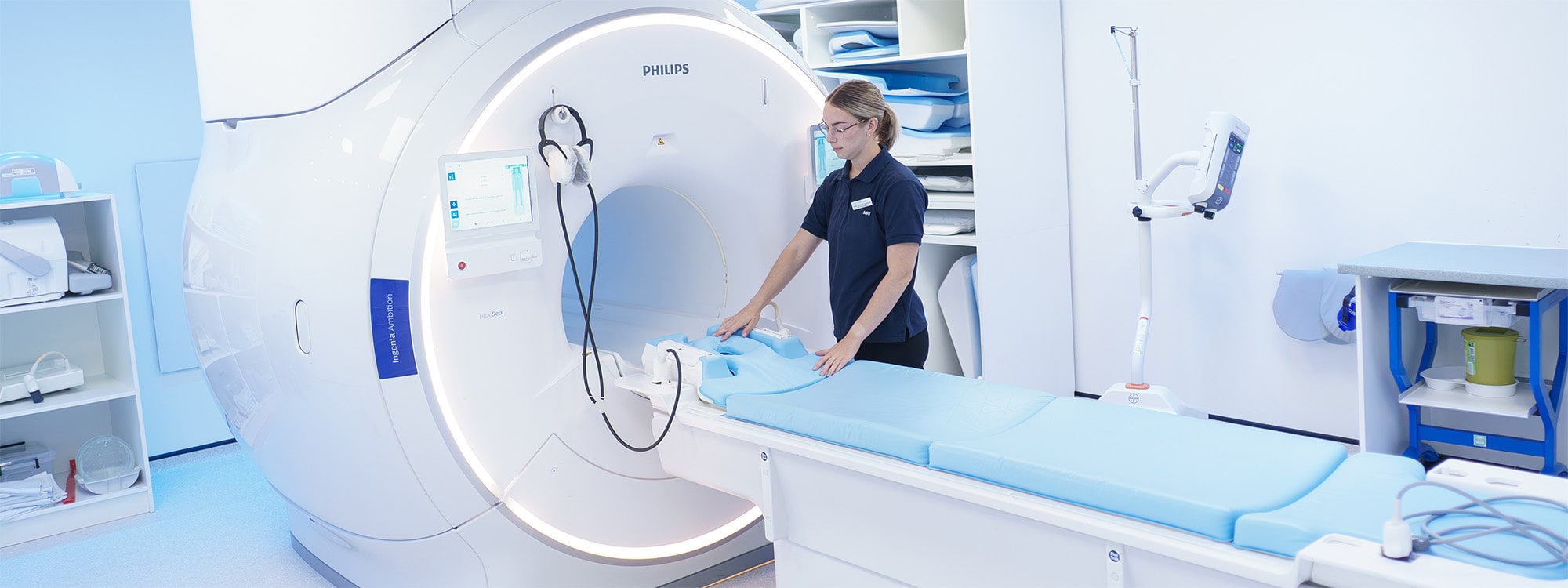Entry Requirements
120 UCAS Tariff points from a minimum of 2 A Levels or equivalent qualifications to include 40 points from a science related subject. (Biology, Human Biology, Chemistry, Physics, Sport Science, Physical Education, Psychology, Life and Sciences are accepted)
BTEC Extended Diploma in Applied Science: Distinction, Distinction, Merit.
BTEC Extended Diploma in Health and Social Care or Sport also accepted dependent on relevant science units studied.
T Levels in Health, Science, and Science and Health accepted: Merit.
Access to Higher Education Diploma: 45 Level 3 credits with a minimum of 120 UCAS Tariff points, including 40 points from 15 credits in a science related subject. (Biology, Human Biology, Chemistry, Sport Science, Psychology are accepted).
International Baccalaureate: 30 points overall to include a Higher Level 5 in a science related subject. (Biology, Human Biology, Chemistry, Sport Science, Psychology are accepted).
GCSE's: Minimum of three at grade 4 or above including English, Maths and Science, or equivalent qualifications, such as Functional Skills Level 2.
The University accepts a wide range of qualifications as the basis for entry and do accept a combination of qualifications which may include A Levels, BTECs, EPQ etc.
In exceptional circumstances we may consider work experience alongside academic qualifications and will review this on an individual basis.
Certificates of all previous qualifications will need to be provided before any offers are confirmed.
______________________________________________
Additional requirements:
- This course is not open for overseas applicants.
- In order to be eligible to apply, applicants born outside of the UK must have settled residential status.
- Successful performance at an interview.
- Knowledge of contemporary health and social care issues, and the nature of nursing in a public health context.
- Understanding of written material and can communicate clearly and accurately in written and spoken English.
- Satisfactory completion of Occupational Health Check.
- Satisfactory completion of an Enhanced Disclosure from the Disclosure and Barring Service (DBS).
When you choose Paramedic Science in your UCAS application, you will be asked an additional question regarding criminal convictions. Here you must declare all spent and unspent criminal convictions including (but not limited to) cautions, reprimands, final warnings, bind over orders or similar and details of any minor offences, fixed penalty notices, penalty notices for disorder, ASBOs or VOOs.
We are not accepting deferred applications for Nursing, Midwifery, Paramedic Science, Diagnostic Radiography or Social Work. You must apply in the year you wish to start the programme.
_____________________________________________
Non UK Qualifications:
- If you are now settled in the UK, and do not have GCSE English, you will require English Language IELTS 7.0 with no less than 6.5 in each element: http://www.lincoln.ac.uk/englishrequirements
If you have studied outside of the UK, and are unsure whether your qualification meets the above requirements, please visit our country pages for information on equivalent qualifications.
https://www.lincoln.ac.uk/studywithus/internationalstudents/entryrequirementsandyourcountry/
For information regarding other English language qualifications we accept, please visit the English Requirements page.
https://www.lincoln.ac.uk/studywithus/internationalstudents/englishlanguagerequirementsandsupport/englishlanguagerequirements/
___________________________________________
If your application is unsuccessful, you may be offered the option of changing your application to either the BSc in Nursing (Adult) or BSc in Nursing (Mental Health). Any offers made would be subject to a successful interview (where an interview has not already taken place), spaces available, and meeting the course entry requirements.
___________________________________________
If you would like further information about entry requirements, or would like to discuss whether the qualifications you are currently studying are acceptable, please contact the Admissions team on 01522 886097, or email admissions@lincoln.ac.uk.

